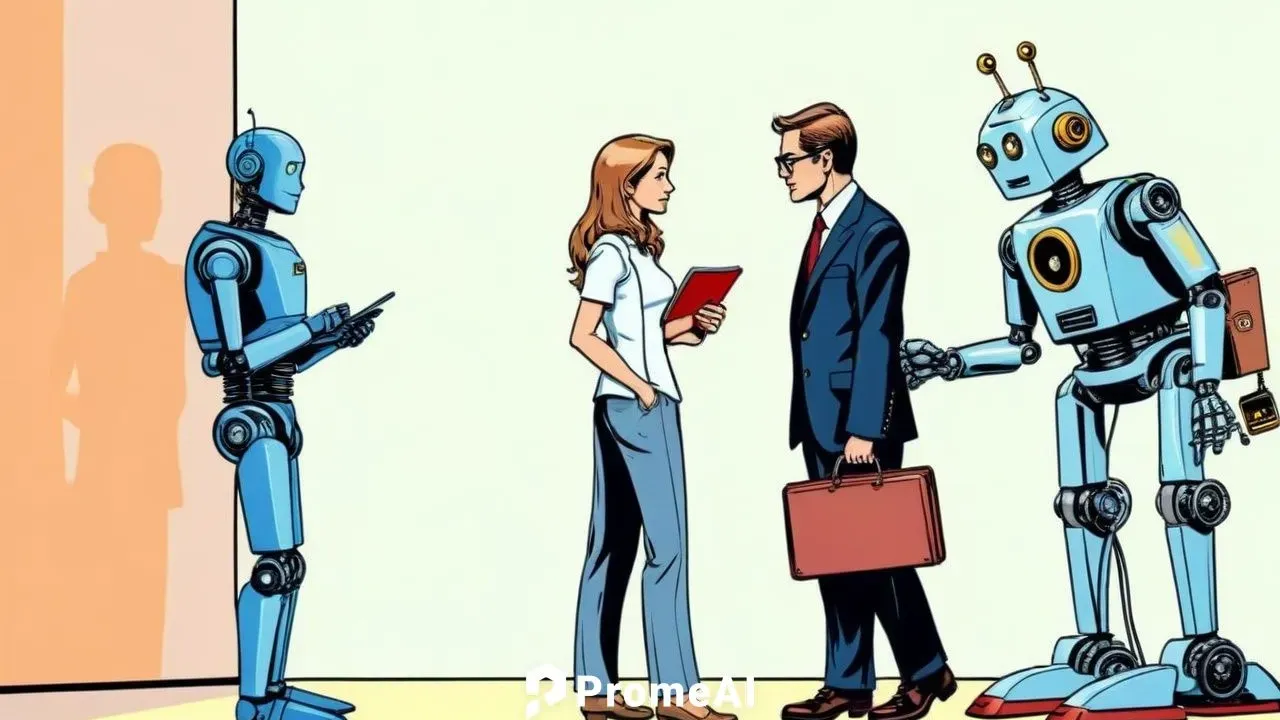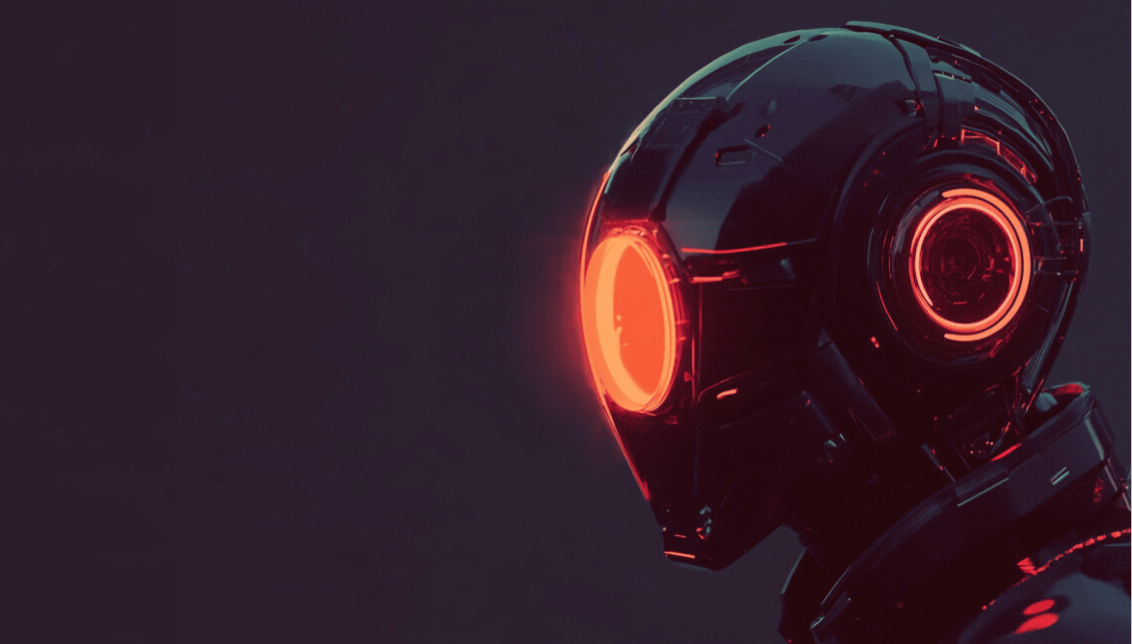Will AI Take My Job? A Journey Through the Age of Automation
The question hangs in the air like a flickering neon sign above a quiet street: Will AI take my job? It’s a thought that’s transformed from late-night curiosity to daily concern, echoing through boardrooms, classrooms, and kitchen tables alike. In a world where algorithms write poems, drive cars, and diagnose illnesses, the boundaries between human and machine capabilities are blurring faster than ever before.
But before we picture robot uprisings or mass unemployment, it’s worth pausing to ask deeper questions: What kinds of work are truly at risk? Which jobs are evolving rather than vanishing? Can AI be a partner instead of a threat?
This article invites you to explore the complex landscape of automation and employment—not with fear or fanfare, but with curiosity and clarity. Whether you’re an artist, accountant, or astronaut-in-training, it’s time to unpack the future of work in the age of artificial intelligence.
Understanding Automation Anxiety Navigating the Real Impact of AI on Employment
- Routine, repetitive roles like data entry are most at risk.
- Creative, strategic, and interpersonal skills remain uniquely human.
- Hybrid jobs—those blending tech and human insight—are on the rise.
- AI literacy may soon be as vital as basic computer skills.
Instead of framing AI as the job thief, it helps to view it as the tool reshaping the workforce. Here’s a glance at how different sectors may feel the burn or the boost:
| Industry | Risk Level | AI Impact |
|---|---|---|
| Manufacturing | High | Automation in assembly lines |
| Healthcare | Medium | AI-assisted diagnostics |
| Education | Low | Personalized learning tools |
| Finance | Medium-High | Algorithmic trading, fraud detection |
| Creative Arts | Low | Assistance, not replacement |
Future-proofing Your Career Practical Strategies to Thrive in an AI-Driven Workforce
- Learn how to work with AI – understanding tools like ChatGPT, MidJourney, or AutoGPT gives you a professional edge.
- Focus on uniquely human skills – leadership, negotiation, storytelling, and empathy remain irreplaceable.
- Follow industry shifts – subscribe to niche newsletters and podcasts to track automation trends in your field.
- Build a versatile digital presence – portfolios, personal blogs, and GitHub profiles act as living resumes.
- Network across disciplines – future roles will often demand hybrid expertise that spans tech, art, and strategy.
Compare what’s growing and what’s fading in this AI-powered landscape:
| Rising Roles | At-Risk Roles |
|---|---|
| Prompt Engineer | Data Entry Clerk |
| AI Ethics Consultant | Telemarketer |
| XR Experience Designer | Assembly Line Worker |
| AI Project Manager | Travel Agent |
In Conclusion
And so, the question lingers in the air—will AI take your job? The answer, like the technology itself, is complex and evolving. For some, AI may be a partner; for others, a competitor. But in the grand narrative of progress, one thing remains clear: adaptation isn’t just a skill—it’s a necessity. As we move forward, the challenge lies not in resisting change, but in reshaping ourselves alongside it. Whether AI becomes a rival or a resource depends not only on where technology leads, but on how we choose to follow.







